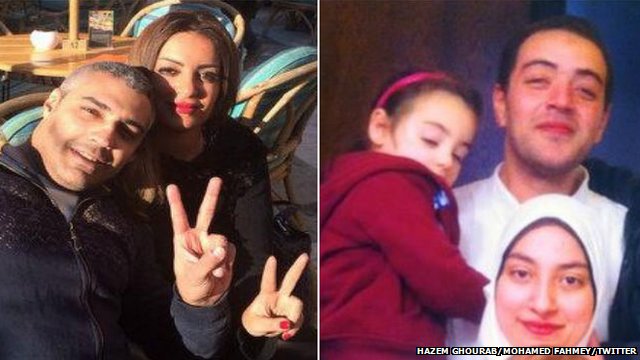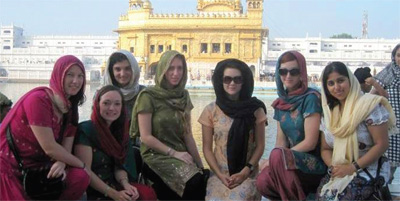
CAIRO (TIP): The latest crisis to sweep Egypt has inflicted considerable damage and now threatens the country’s transition to -democracy. The rules of political competition have not been followed and politics has veered towards violence, harming both the opponents and supporters of President Mohamed Morsi. Ostensibly, the issue has been Morsi’s constitutional -declaration. The Muslim Brotherhood, or Ikhwan, deemed this declaration necessary to pre-empt a ruling from the Constitutional Court that would have in effect ended the powers of the president and paralysed the political transition. The president has every reason to be sceptical of the court’s intentions.
All its judges were appointed under Mubarak and some have never concealed their hostility to the Muslim Brotherhood. The president’s declaration was nonetheless a big mistake. By declaring his decisions immune from legal challenge – albeit for a limited period – Morsi angered a great many judges. Worse, his actions gave rise to the formation of a peculiar alliance between liberals, nationalists and some revolutionary youth groups on the one hand, and what are known in Egypt as felool, or “remnants”, on the other. The “remnants” include various people associated with Mubarak’s regime, including leading military, security and judicial figures, rural and provincial leaders of the disbanded National Democratic Party and business people who amassed huge fortunes in the Mubarak era.
This odd alliance believes that the state has been hijacked by the Muslim Brotherhood and must be regained at any cost. Massive rallies and violent clashes followed Morsi’s declaration and the Muslim Brotherhood found itself increasingly isolated, with Salafist Islamists its only allies. But the opposition has also made a grave error. Inadvertently, the liberal, nationalist and youth elements in the political opposition have given the remnants an opportunity to return to centre stage. They have allowed their own Ikhwanophobia to dominate, giving more weight to their hatred of the Islamist forces than their evident love of -democracy. In their desire to topple the Muslim Brotherhood, they seem prepared to commit the greatest of profanities: to ally themselves with the former regime’s forces; they even ignore the violence of the notorious baltagiya, or criminal gangs.
Latest standoff
These thugs were used against the revolutionaries of Tahrir Square and leaders of Mubarak’s party and associated business people were accused of hiring them. The irony of the latest standoff is that the thugs have been used again to initiate bloody clashes with Morsi’s supporters, leading to further attacks and counterattacks between his supporters and opponents. The country is now so polarised that we see two camps without a go-between to mediate and perhaps reconcile them.
When the president called for a national dialogue meeting, it was attended by 54 national leaders and legal figures but boycotted by the representatives of the main opposition forces, which continue to call for more protests. Here, the opposition has made another mistake. Appearing hell-bent on confrontation, it has strengthened the conviction of Morsi’s supporters that it is seeking to overthrow the legitimate authority of the democratically elected president. This impression was reinforced when opposition leaders -escalated their confrontational rhetoric even after the abolition of the declaration, calling for the postponement of the referendum on the constitution, scheduled for December 15.




Be the first to comment